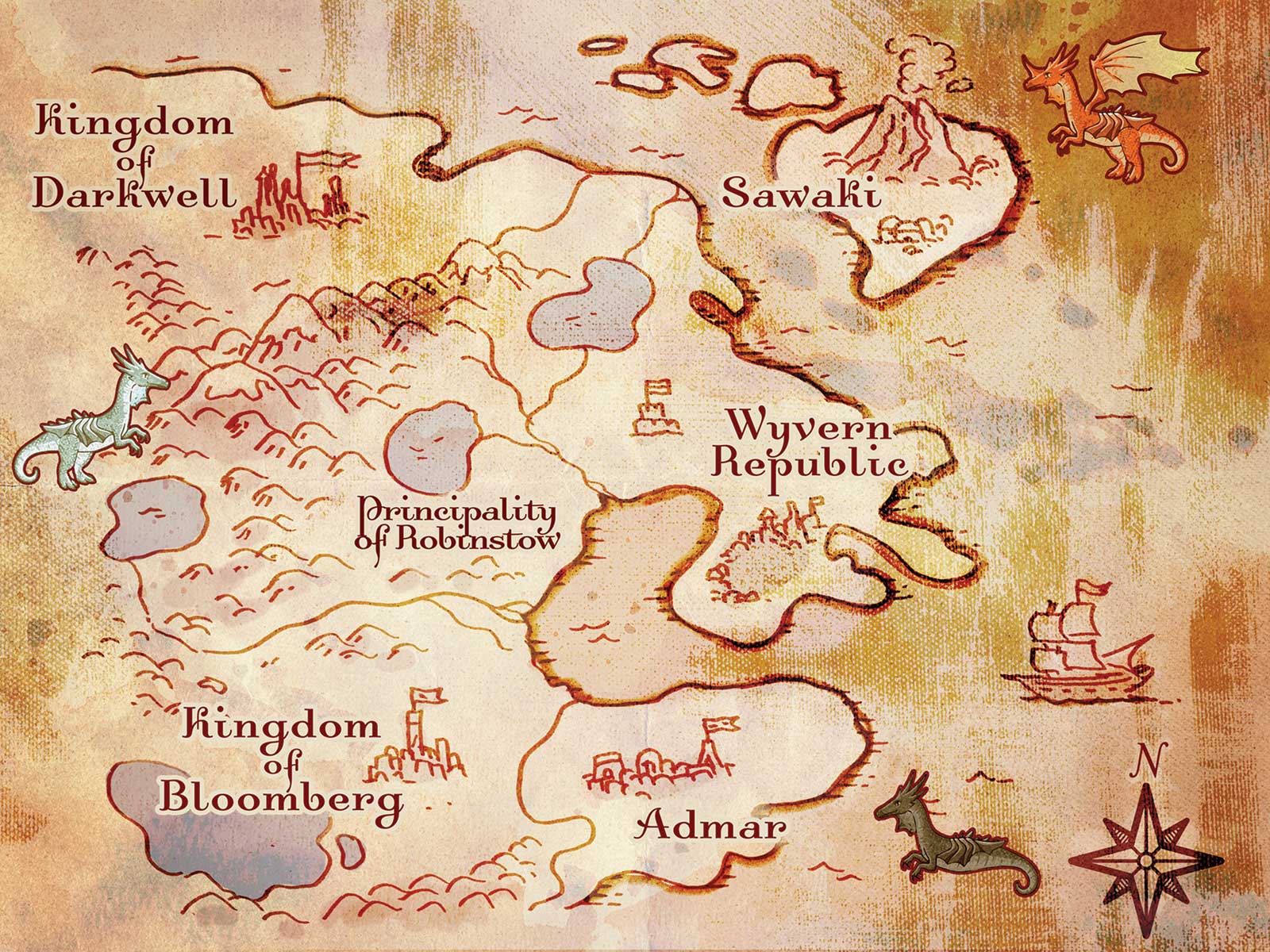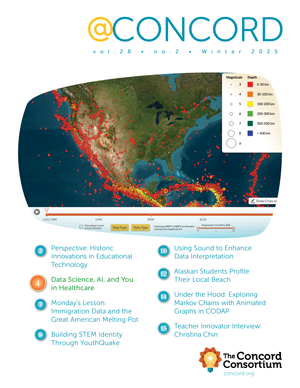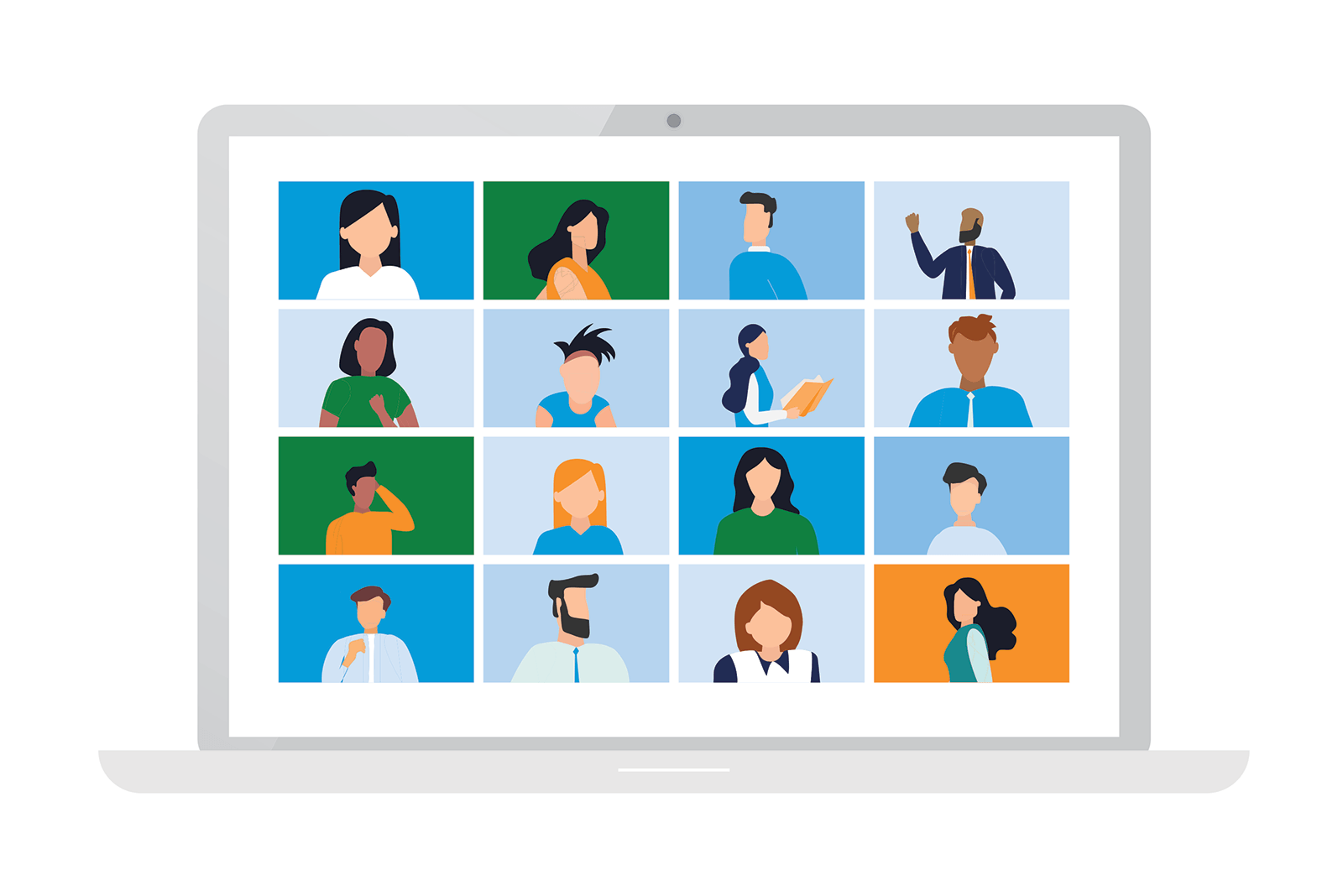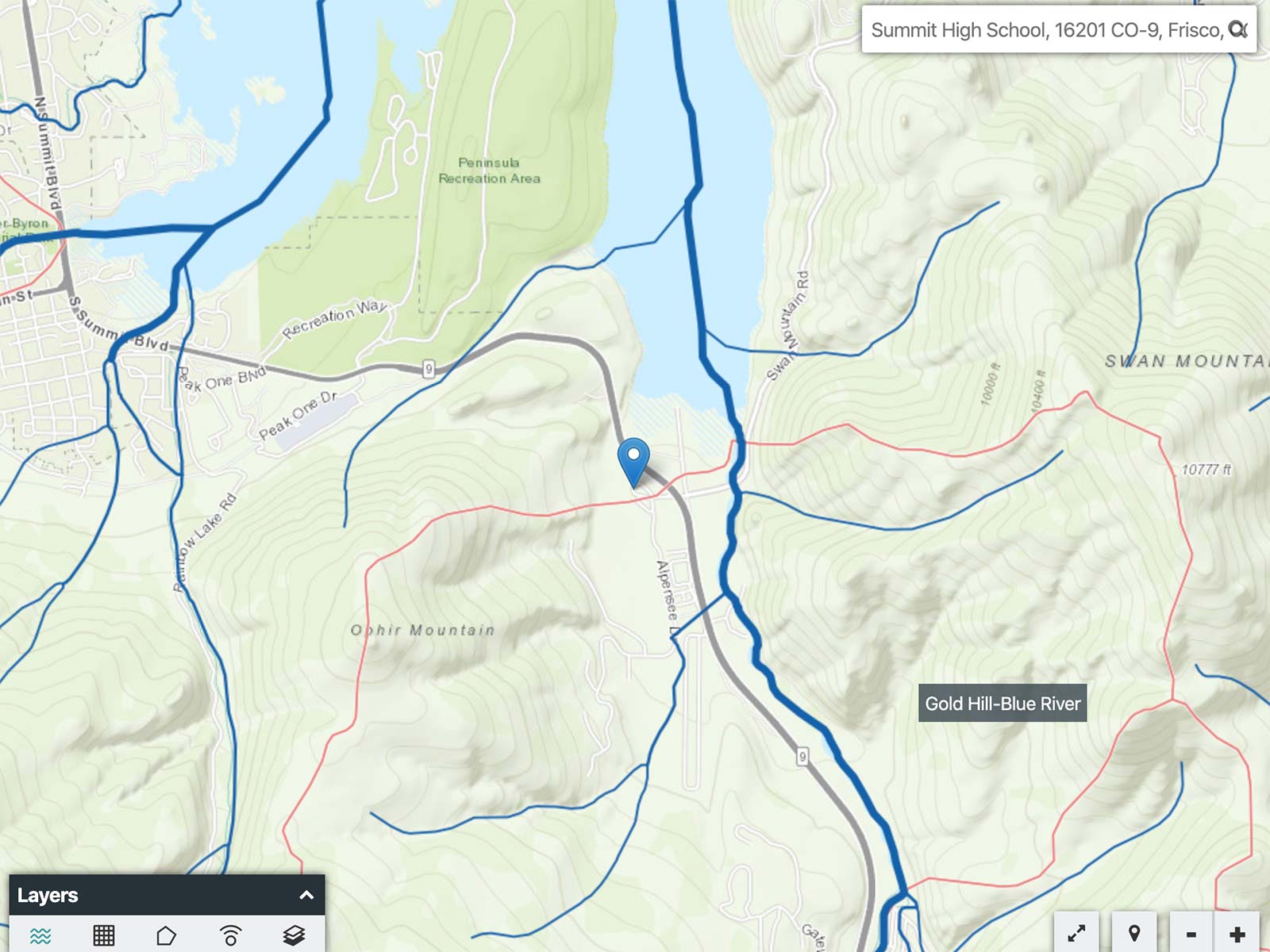Learning Everywhere During a Pandemic, Students Learn Genetics with Geniventure, Mathematical Modeling of Real-World Problems, and more in Fall @Concord
Perspective: Is Remote Learning a Panacea for the Pandemic?
I'm concerned about the times we're in. But perhaps not for the reasons you expect. Yes, I'm concerned about the health and well-being of our globe in the throes of a staggering pandemic, and about its unprecedented toll on the economy. And yes, like so many others, I wish this all had never happened, or at least that it would all just go away. But therein lies the matter I'm most concerned about: I'm worried that we might return to normal.
Learning Everywhere During a Pandemic
You may remember Katrina, back in 2005, a Category 5 Atlantic hurricane that devastated Florida and the Gulf Coast. More than 1,800 people died and thousands were displaced from their homes. Schools faced a serious challenge; the hurricane had scattered their students as schools closed or were destroyed. The Louisiana Department of Education and the Louisiana School for Math, Science, and the Arts knew that more courses would have to be taught online. That's when the Concord Consortium stepped in to offer professional training to 75 additional Louisiana teachers on how to deliver courses in the Louisiana Virtual School. COVID-19 is causing an even more widespread need for online learning and for teachers who know how to provide those courses. And once again, the Concord Consortium has offered online training to teachers in several of our research projects.
Monday's Lesson: Finding Your Watershed
From filling reusable water bottles to taking showers, students use water all the time. But do they know where their water comes from? The Watershed Awareness Using Technology and Environmental Research for Sustainability (WATERS) curriculum helps middle school students explore the health of their local watershed, investigate the impact of humans on their watershed, and learn about water-related careers.
Students Learn Genetics with Geniventure
Our mission is to ignite large-scale improvements in teaching and learning through technology, so we’re especially interested in how our free educational technologies fare in the classroom after the funded projects that produced them have ended. Recently, we have been studying students’ learning of genetics through their interactions with Geniventure, an immersive digital game designed for middle and high school students that features a narrative about dragons.
Mathematical Modeling of Real-World Problems
Insights from mathematical models make the headlines daily, though the accompanying numbers and graphs do not always make sense to the uninitiated. What makes it difficult for models to agree on climate change predictions? Why is it so hard to predict and mitigate the impacts of a pandemic?
Independent Experimentation for the Remote Classroom
Every teacher has heard the student plea—”Just give me the answer!” As practitioners, we often want to provide that answer and move on, since we know there’s content “to be covered.” Of course, we also want students to experience the joy of discovery for themselves. One of the first hurdles to “doing inquiry” in the classroom is overcoming the urge to focus on content over practice. In a strange twist of fate, it seems “the year of COVID,” which has restricted education—for instance, by keeping teachers and students physically separated—may be allowing teachers to reframe their curricula in entirely new ways and opening up more possibilities for student investigation.
Under the Hood: Improving Accessibility of Activities
According to figures from the U.S. Department of Education, over 7 million or 14% of students in the U.S. received special education services in the 2018-2019 school year under the Individuals with Disabilities Education Act (IDEA)*. Fortunately, assistive technologies that help many classroom students are becoming built-in tools for most operating systems and web browsers. Many accessibility features—for example, text to speech, word prediction, and optical character recognition—are included in Apple's macOS and iOS and Google's Chrome. These tools can significantly improve the quality of learning for students with low-level vision, color blindness, low mobility, and hearing impairments.
Innovator Interview: Leslie Bondaryk
A self-described "cross-discipline weirdo" with an interest in science, math, and art, Leslie spent her freshman year in high school at a magnet arts school. She now thinks back to her early interest in sculpture as a springboard to her later interest in engineering. She also credits her father, who wrote operating systems at IBM, with giving her an early glimpse into that world.
News at Concord Consortium
The latest news from the Concord Consortium in fall 2020: fostering deep learning, identity, and agency; enhancing the teacher-curriculum relationship in problem-based mathematics classrooms; empowering informal educators to prepare future generations in wireless radio communications; and more.




